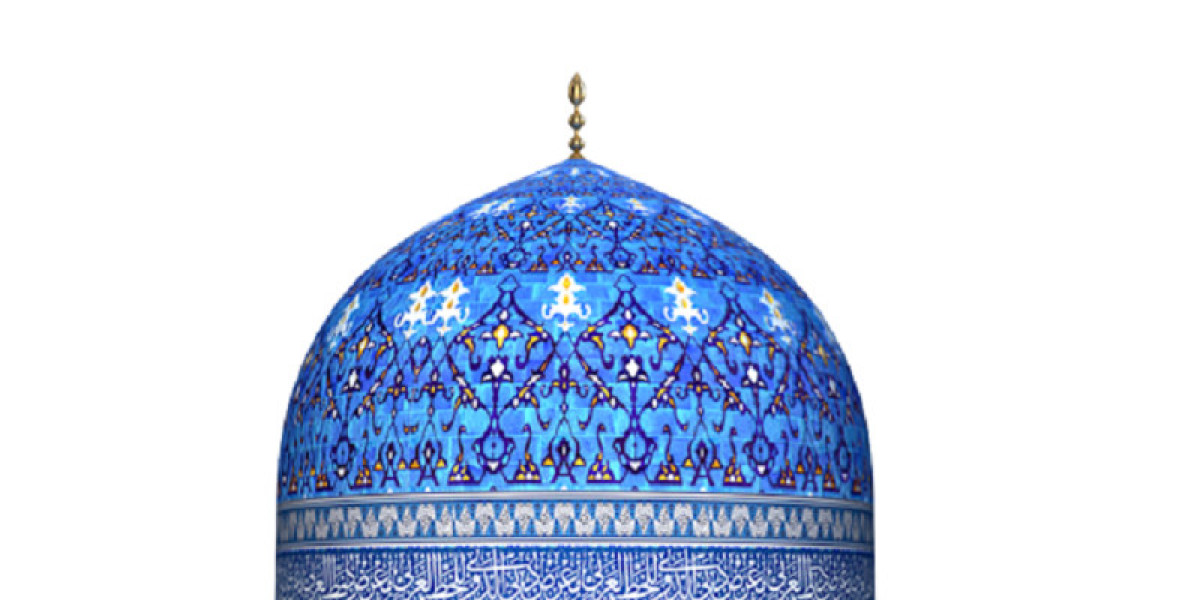Introduction of Khatme Qadria
Khatm-e-Qadria ختم قادریہ is a renowned spiritual practice associated with the Qadri Sufi order, founded by Hazrat Sheikh Abdul Qadir Jilani (RA). It is a form of recitation, supplication, and remembrance of Allah performed with sincerity and devotion. The practice is observed by followers of the Qadri order and other Sufi traditions to seek Allah’s blessings, mercy, and spiritual elevation.
Importance of Khatm-e-Qadria
Khatm-e-Qadria holds great spiritual significance due to its connection with Hazrat Sheikh Abdul Qadir Jilani (RA), one of the most revered saints in Islamic history. Some of the reasons for its importance include:
- Strengthening Faith: It helps in fortifying one's faith (Iman) by consistently remembering Allah and seeking His forgiveness.
- Spiritual Connection: It strengthens the bond between the believer and Allah, as well as with the spiritual lineage of the Qadri order.
- Seeking Blessings: The recitations and supplications included in Khatm-e-Qadria are a means of attracting divine mercy and blessings.
- Purification of the Heart: Regular recitation helps in cleansing the heart from sins and worldly distractions, bringing a person closer to Allah.
- Following the Saints: Engaging in this practice aligns a believer with the pious path laid down by the saints and scholars of Islam.
Benefits of Khatm-e-Qadria
The benefits of Khatm-e-Qadria are both spiritual and worldly. Some of its key benefits include:
- Forgiveness of Sins: Reciting the verses, supplications, and praises of Allah in Khatm-e-Qadria helps in seeking forgiveness for past sins.
- Peace and Tranquility: It provides inner peace and tranquility by removing anxiety and distress.
- Protection from Evils: The recitations serve as a spiritual shield against evil influences, black magic, and negative energies.
- Fulfillment of Needs: Many people experience their legitimate wishes and needs being fulfilled through the blessings of Khatm-e-Qadria.
- Enhancement of Knowledge and Wisdom: Regular practice increases one’s spiritual insight and wisdom.
- Strengthening One’s Connection with Hazrat Abdul Qadir Jilani (RA): Engaging in this practice allows devotees to remain spiritually linked with the teachings and blessings of the great saint.
Shari'ah Ruling on Khatm-e-Qadria
Islamic scholars have analyzed Khatm-e-Qadria in the light of Shari'ah, concluding that:
- Permissibility: There is no prohibition in Islam regarding the remembrance of Allah through collective or individual supplications, provided they do not contradict Islamic teachings.
- No Innovation (Bid’ah): As long as Khatm-e-Qadria remains within the boundaries of Quranic and Sunnah teachings, it is not considered an innovation (Bid’ah). Instead, it is a means of increasing devotion.
- Voluntary Act of Worship: Engaging in Khatm-e-Qadria is a recommended (Mustahabb) act that helps in drawing closer to Allah, similar to other forms of Dhikr and supplications.
- Avoiding Extremes: It should be performed with the correct intention of seeking Allah’s pleasure and not as an obligatory practice that replaces fundamental Islamic obligations like Salah and Zakat.
- Scholarly Endorsements: Many renowned scholars and Sufis have practiced and recommended Khatm-e-Qadria as a means of spiritual elevation and divine blessings.
Conclusion
Khatm-e-Qadria is a beneficial and spiritually enriching practice that allows believers to enhance their connection with Allah and the teachings of Hazrat Abdul Qadir Jilani (RA). While it is not an obligatory act, its rewards and virtues make it a valuable addition to a believer’s spiritual routine. As long as it is practiced in accordance with Islamic principles, it remains a commendable means of seeking closeness to Allah, peace of heart, and divine blessings.







